Dr. Tamara Mitchell, Assistant Professor of Spanish and Latin American Studies, explores the benefits and challenges of podcasting pedagogy and the art of wandering within the context of remote learning.
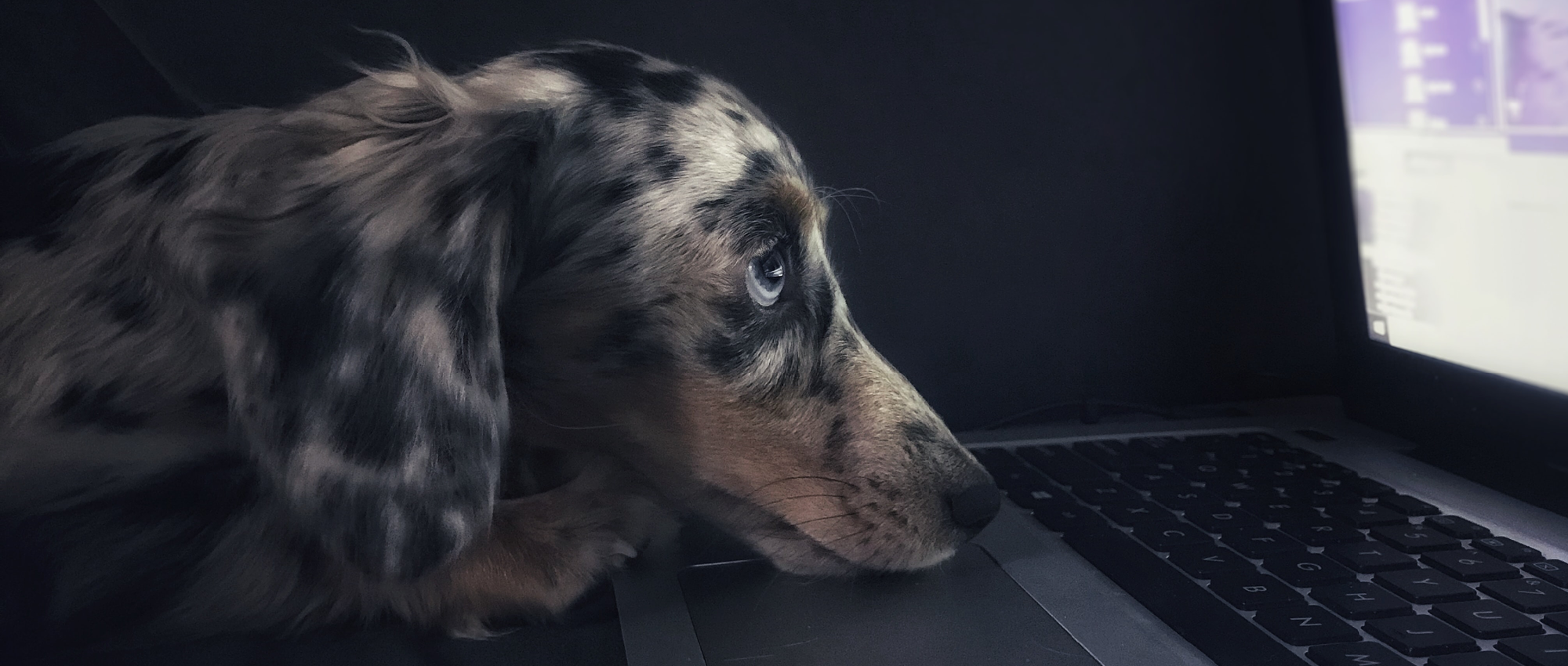

Source: Unsplash / @kyledarrenhanson
Reducing Screen Fatigue
“My main motivation for creating podcast lectures was to combat screen fatigue so that students could listen to materials away from their computers.”
When UBC announced that 2020-21 courses would be taught remotely, I immediately knew that I wouldn’t conduct a “Zoomified” version of my typical class meetings. Considering how tired I had gotten of computer screens after one month of remote classes from March to April 2020, one of my top priorities was to minimize screen time for students.
Serendipitously, last spring I debuted a Latin American Studies course that incorporated podcasting as a learning outcome, so I was familiar with the sound editing software Audacity. I decided to put those new skills to use in my Latin American Indigenous Foodways course (LAST 303) by preparing lectures as podcast episodes, which were available for streaming and download on the course blog and through SoundCloud.
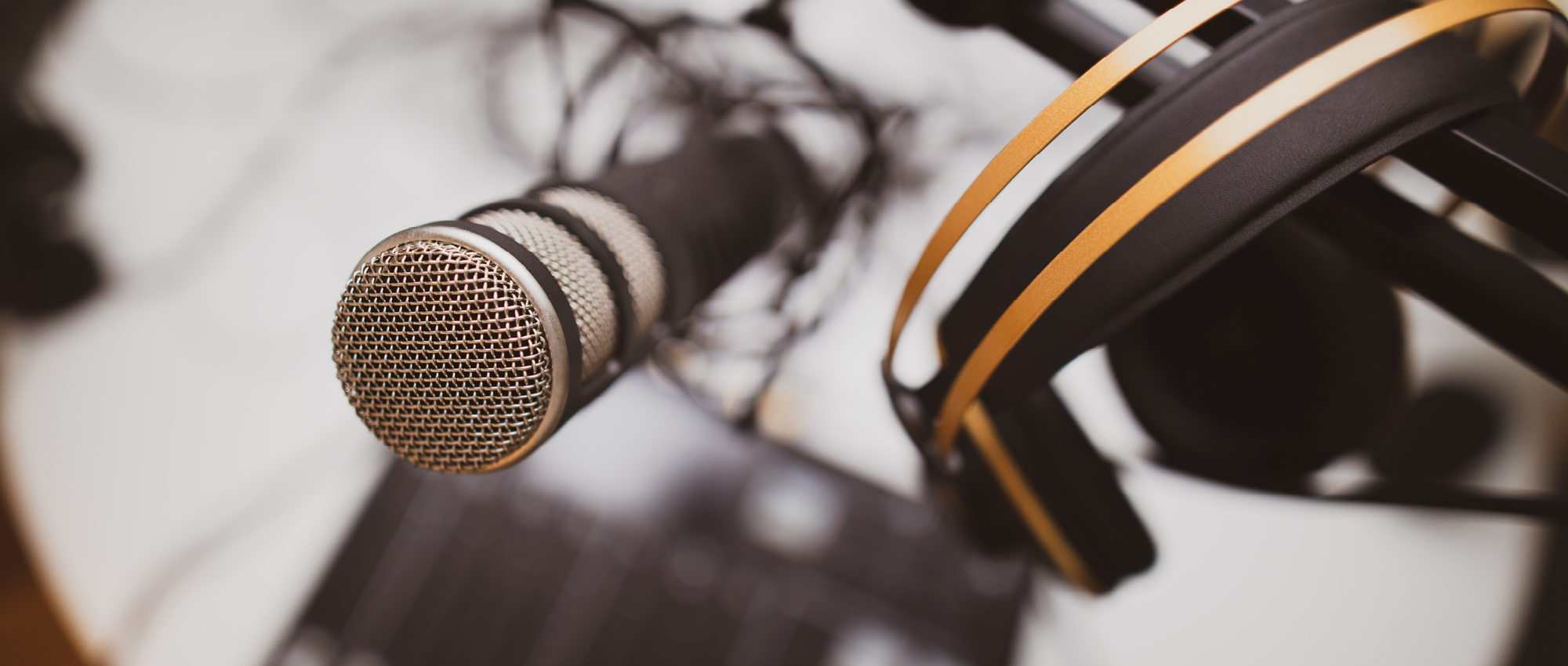

Source: Unsplash / @farber
Benefits of Podcasting Pedagogy
“There is a myriad of benefits to podcasting pedagogy, particularly during remote learning.”
In addition to alleviating screen fatigue, there is a myriad of benefits to podcasting pedagogy, particularly during remote learning.
Flexibility:
Asynchronous lectures are equally convenient across time zones and allow students to take in information at their own pace. For students with complicated home situations (caregiving, shared common spaces, etc.), they may access recordings when it is optimal for them.
Accessibility:
Similarly, students may have widely different technological resources at home. By providing streaming and downloadable audio and a mobile-friendly webpage for each lecture, students learning on smartphones ideally have an easier time accessing material.
Equitability and Inclusivity:
Finally, when paired with a landing page, podcasting pedagogy is more equitable and inclusive. The scripted nature of a podcast means that each lecture has an accompanying transcript, and, paired with graphics, this facilitates learning for visual learners as well as students with hearing impairments.
I hoped that this format would get students away from their screens, but also allow for more equitable and inclusive learning. Importantly, many students are comfortable with the genre and, unlike many learning technologies and software, they don’t need to familiarize themselves with new apps to tune in. They just download and click play or stream from the course blog.
Luckily, it turned out that the format was pretty popular! Throughout the semester and in teaching evaluations, students reported enjoying the episodes and, most importantly, finding them effective for their learning. Elements that students appreciated included: flexibility of the format, the utility of the transcripts for studying, enjoying the music (a particular favourite was The Garífuna Collective), and hearing from interviewees.
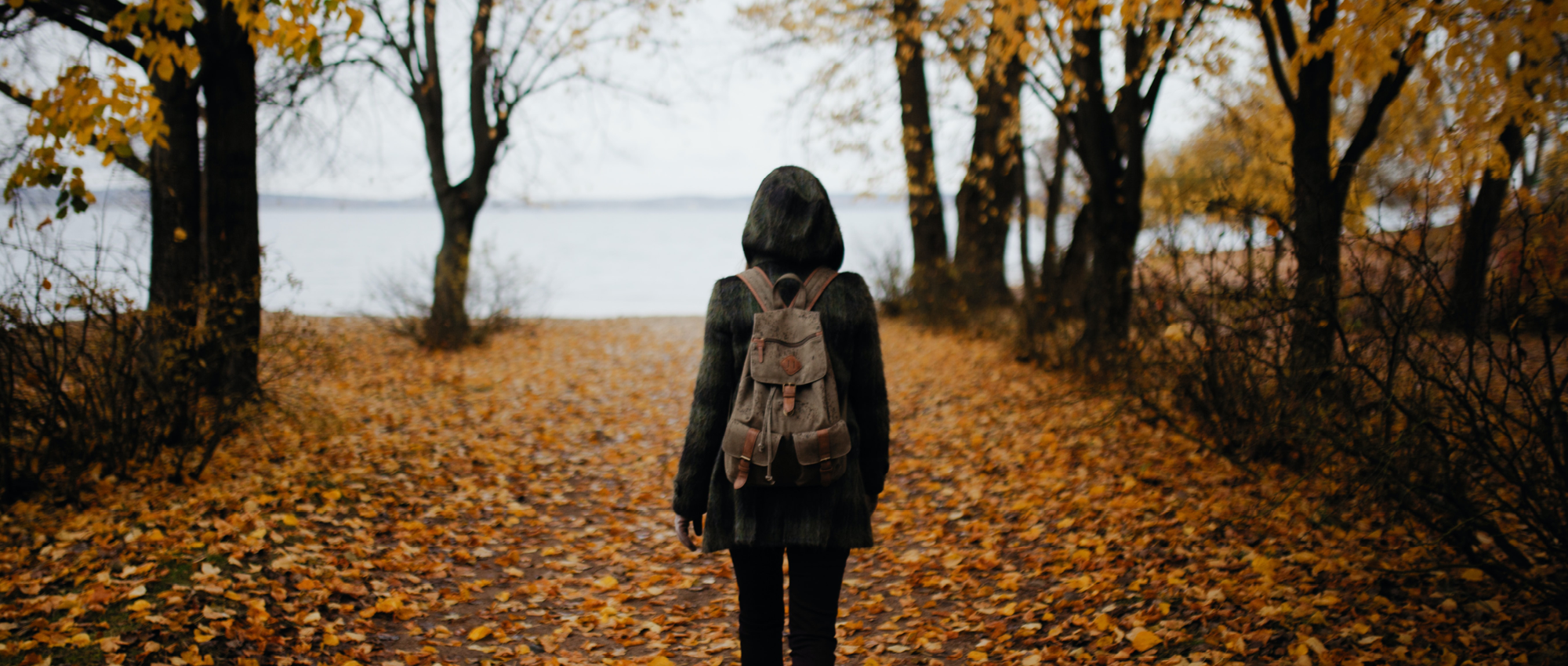

Source: Unsplash / @enioku
Learning & Wandering
“Studies show that physical activity is beneficial to memory retention and creative thinking. Plus, we could all use a little wandering while cooped up during the pandemic.”
My introductory lecture and syllabus encouraged students to listen to episodes while on the move, because, in addition to the obvious benefits of exercise, many studies show that physical activity is beneficial to memory retention and creative thinking. Plus, we could all use a little wandering while cooped up during the pandemic.
Indeed, from Charles Baudelaire’s flâneur to Henry David Thoreau’s “art of walking,” and from the Situationalists’ psychogeography to W.G. Sebald’s walk along the Suffolk coast, wandering has been held as a font of aesthetic inspiration in the creative process and as an act that contains the seed of revolutionary potential. Friedrich Nietzsche held walking as vital to the task of philosophy, writing: “Only thoughts which come from walking have any value” (“Aphorism 34”).
Walking has also been important in my discipline as well: Manuel Maples Arce, leader of the avant-garde movement Estridentismo in early-20th-century Mexico, insisted that art and aesthetic inspiration are derived from “the sensory stimuli of urban experience” (Flores 211). Later, Chilean poet and diplomat Pablo Neruda penned “Walking Around” in the midst of the Spanish Civil War (1936-39). With surrealist images, such as the juxtaposition of umbrellas, venom, and umbilical cords (verse 39), Neruda’s poetic voice confronts the violence of modernity and the desperation of the human condition while walking through an urban setting.
And in Wanderlust: A History of Walking, Rebecca Solnit observes that “Walking itself is the intentional act closest to the unwilled rhythms of the body, to breathing and the beating of the heart. It strikes a delicate balance between working and idling, being and doing. It is a bodily labor that produces nothing but thoughts, experiences, arrivals” (5).
My biggest hope last fall was that my course might facilitate such thoughts, arrivals, and experiences through a semester of learning and wandering.
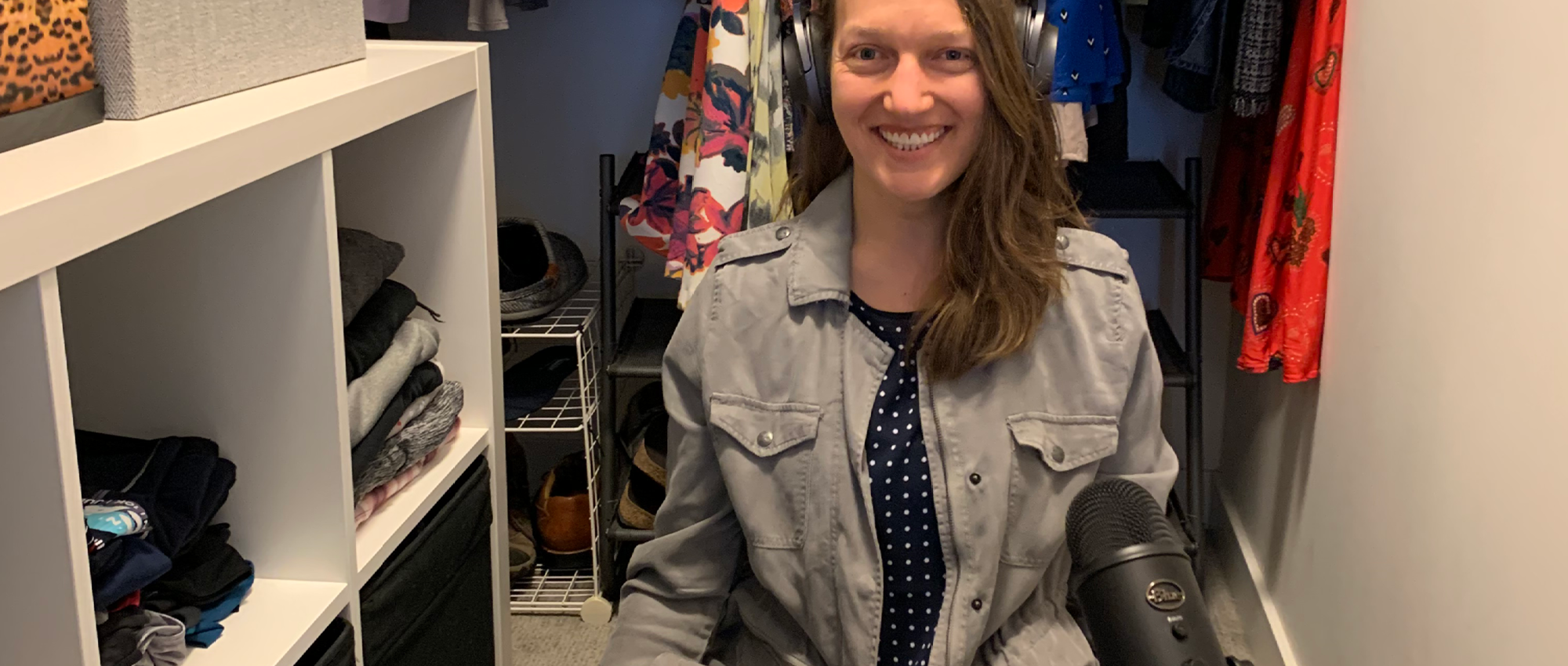

Dr. Tamara Mitchell recording podcast episodes in her closet | It turned out that, due to construction noises and traffic, the closet was the quietest place in my apartment to record episodes.
Challenges & Lessons Learned
“I am grateful that I had enthusiastic and adventurous students for the experience.”
Some unexpected challenges emerged throughout the semester. For one, while the goal was to minimize screen time for students, it turns out that writing podcast transcripts, recording episodes, editing content, and creating a companion website meant a whole lot of screen time for me. I easily spent four times as many hours in front of my computer as I would have if I had done live class lectures. I imagine if I created podcast lectures more often, I would become more efficient, but that did not occur in one semester.
Moreover, providing podcast lectures meant that I saw students about half as often as normal for class sessions, and both the students and I missed those contact hours. One positive related to this was that students came to office hours more frequently, so my informal exchanges with students actually increased.
There were plenty of other benefits as well. Now that the transcripts are written, presumably I will be able to reuse and tweak the content for future iterations of the course. Likewise, I did rigorous research and wrote fairly polished introductions to various Latin American Indigenous cultures. This work could be repurposed as initial material for publications.
Finally, I was able to organically incorporate other voices and perspectives into lectures. I included two interviews with experts during the semester and assigned two podcast episodes featuring Indigenous voices to complement the materials I recorded.
Looking back, I’m glad I opted for podcast lectures for the fall semester and am grateful that I had enthusiastic and adventurous students for the experience. If you’re interested in trying out podcast lectures, check out the resources in the fantastic Podcasting Toolkit from UBC Public Humanities.
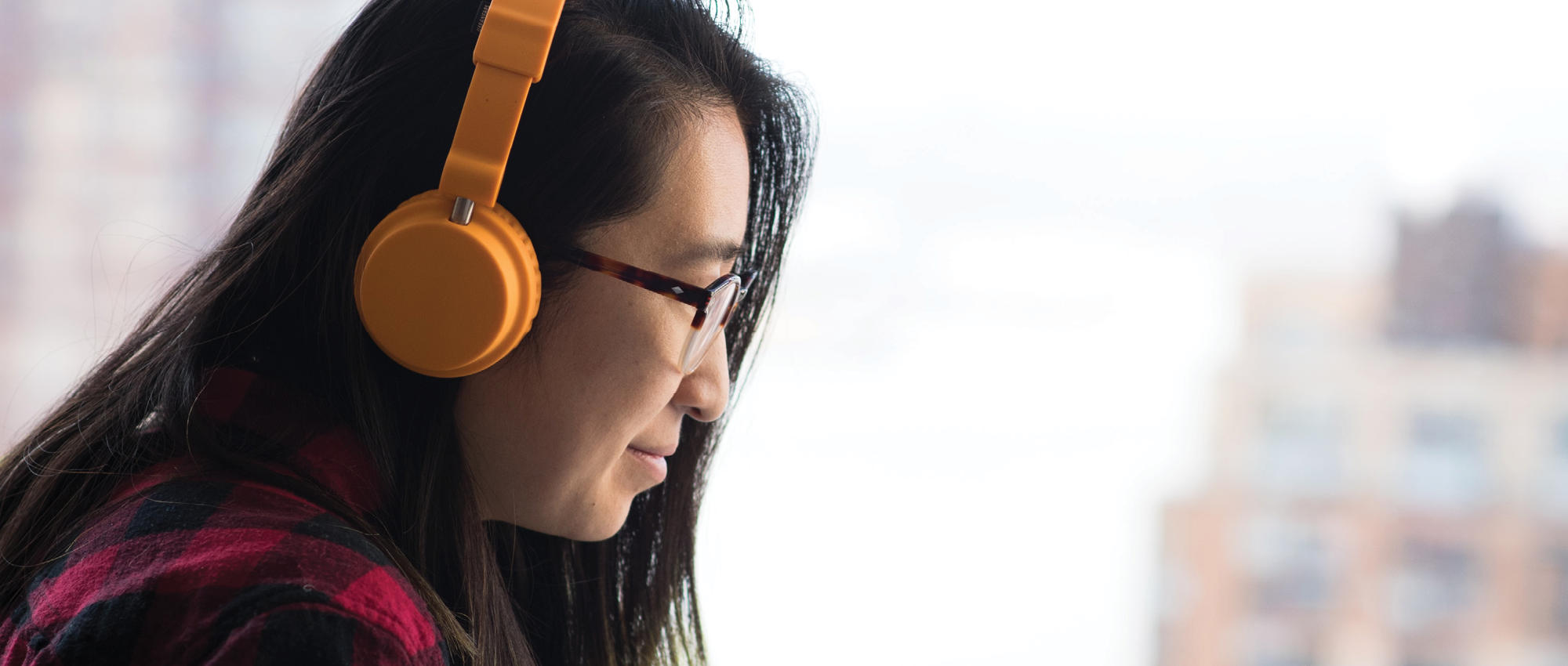

Source: Unsplash / @wocintechchat
Student Testimonies
“The podcast format allowed me to stretch my legs while letting my imagination wander around beautiful places in Latin America.”
Ashley Haines
Study Area: Faculty of Arts
“LAST 303 provided me with a one-of-a-kind hybrid learning experience that brought me valuable skills I can use throughout my remainder of my university experience. Dr. Mitchell truly immersed us into the world of Latin American Indigenous foodways through effective podcasts, blogs, personal and fun synchronous lectures, interviews, and independent learning time. The diverse activities we were doing made it feel like it was an in-person class! Having such a wide range of learning methods allowed me to critically engage with what I was learning, and having such a welcoming virtual classroom environment motivated me to participate and do my own research outside of class. My favourite unit covered in class was the Maya, because I had the chance to visit Guatemala the summer prior and could apply what I learned through our course readings and blogs to my own experiences. Dr. Mitchell also gave us an end-of-the-year group project in which my friends and I researched and created a blog about the Rarámuri peoples of Northern Mexico. It was by far the most fun project I’ve done throughout university, and I left this class with some amazing friends. I tell all my friends looking for a unique experience to register for LAST 303, as I truly believe it was such a defining point in helping me decide and confirm my study path.”
Estefania M.
Study Area: BCom in Marketing and Operations & Logistics
“Overall I really liked the podcast-style class. I would usually take that time to go for a walk or sit at the park by my house and follow along with the class. Although you couldn’t see the pictures if you didn’t have the computer, it was still very easy to follow along and take notes. This course also had very few class prep readings which was appreciated during these overwhelming times. The readings/prep videos we did have to do were extremely useful to the course and enjoyable to read. The final project (where you focused on an Indigenous group of choice) was a lot of fun and an incredible learning opportunity. By doing it in groups you could divide the work and it wasn’t as overwhelming.”
Shadow Yingwen Feng
Study Area: BSc in Global Resource Systems
“I really enjoyed the blog/podcast style lecture in combination with the hybrid nature of the course. I love the podcast lectures. The music was always so good and the content always intriguing. I even listened to them with my boyfriend on our way to camping. I thoroughly enjoyed writing the blog posts because they gave me the chance to reflect and integrate what I learned from the lectures.”
Fernanda Diaz-Osorio
Study Area: BSc in Global Resource Systems
“Listening to the LAST 303 class material was the perfect break from my computer. The original podcast format allowed me to stretch my legs while letting my imagination wander around beautiful places in Latin America.”
Cynthia Lightbody
Study Area: BA in Spanish
“One of my favourite courses at UBC was LAST303! I thought the hybrid nature of this course was highly effective. Both the asynchronous and synchronous sessions were efficient and interesting, and I specifically remember that students in this course were always engaged and eager to participate in meaningful discussion. LAST303 made online learning seem much less intimidating! My favourite part about this course was the final group project in which we created our own blog post and got to share it with our peers.”


